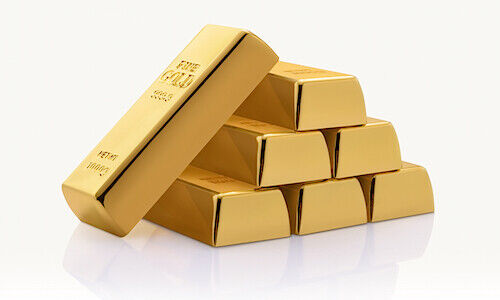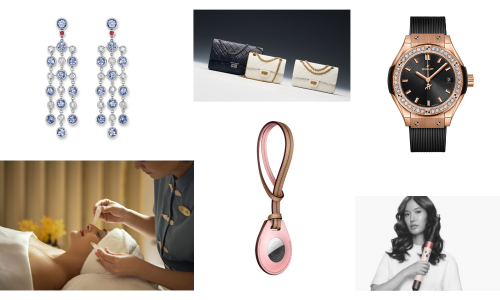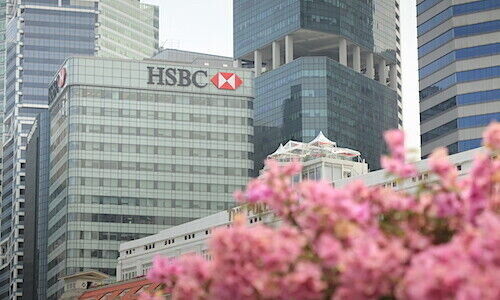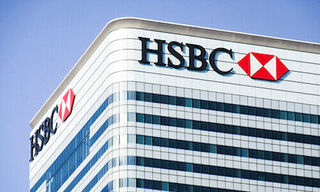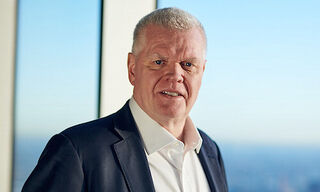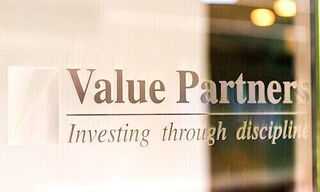Australia's Perth Mint has been hit with a media report claiming that it sold doped gold to China and could face a recall of up to 100 tons. Both the buyer and seller deny any foul play.
On March 6, a media report by «ABC» (Australian Broadcasting Corporation) claimed that the Perth Mint – a 124-year old government-owned refinery officially known as Gold Corporation – could face a «potential $9 billion recall of gold bars after selling [doped] bullion to China and then covering it up».
The media outlet cited a leaked internal report with documents it claims shows the Western Australian (WA) mint’s decision to dilute its gold in 2018 and withhold evidence from its largest client – the Shanghai Gold Exchange (SGE) – to protect its reputation.
Mint Response
According to the Perth Mint, there was no foul play involved. As part of an accepted practice of allowing a fraction of non-gold components, the refinery claims that it had met the industry standard of 99.992 percent purity, which is below the SGE’s own standard of 99.996 percent.
«In September 2021, The Perth Mint was made aware that some of its one-kilogram bars did not meet the non-gold specifications of the SGE. The Perth Mint immediately launched a review of its refining practices, including how it applied the industrywide accepted process of ‘doping’ or ‘alloying’ its one-kilogram bars,» said a statement on March 8.
«As part of The Perth Mint’s review of refining practices, new processes were implemented to ensure that one-kilogram bars would have on average minimum gold purity of 99.996 percent. As a result of this new practice, which came into effect in December 2021, the maximum non-gold component in a one-kilogram bar is 0.004 percent – which adheres to the SGE’s non-gold specification standards.»
SGE Backing
Also on March 8, the SGE backed Perth Mint’s denial of the media report, adding that it reserved the right to take further measures to safeguard its legitimate rights and interests.
«The relevant media failed to fulfill their responsibility to review the content, resulting in dissemination of inaccurate content on the Internet, causing serious damage to the reputation of the Shanghai Gold Exchange,» SGE said in a statement on its website.
Review Process
Although Perth Mint and ABC both agree on doping that exceeded SGE standards while meeting broader industry standards, an area that remains under dispute is the process that took place before the refinery decided to lower the maximum non-gold component allowed.
According to ABC, a gold doping initiative began in 2018 at Perth Mint to cut costs and while staff had flagged concerns early on about failing to meet SGE’s purity standards, the refinery continued the practice. In September 2021, SGE alleged that two bars contained too much silver and did not comply with its specifications. An investigation was launched immediately which found that one of the two gold bars in the complaint failed a purity test.
Advice was sought from then-CEO Richard Hayes regarding whether or not to send both the failed and compliant test, also known as an assay. ABC alleges Hayes confirmed that only the compliant assay would be provided and that Perth Mint immediately ceased its gold doping program on the same day the failed test was discovered.
Royal Commission
The issue is also playing out in local politics with WA Opposition Leader Shane Love calling for a royal commission into the matter, highlighting WA Premier Mark McGowan’s ministerial responsibility for the Perth Mint for four years until March 2021.
«This is a hugely important matter for the West Australian taxpayer, the West Australian community and it involves – at the heart of it – the Premier of the state,» said Love on Tuesday. «There needs to be an independent inquiry, and the best way to have an independent inquiry is to have a royal commission.»
Separately, Perth Mint is also facing an ongoing probe by financial crime regulator AUSTRAC regarding compliance with Australia's anti-money-laundering laws.

